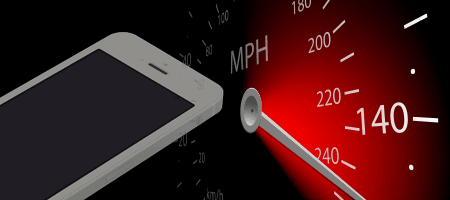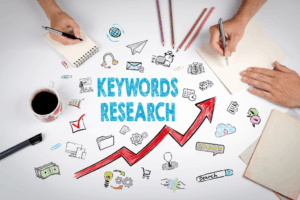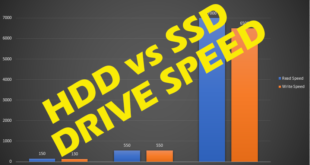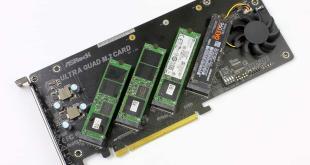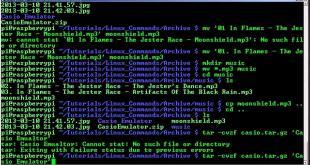Whether you are a serious blogger or writing blogs is your hobby, you must optimize your blog so that it gets better ranking and hence more traffic. There are lots of things that matter when it comes to increasing your WordPress blog’s performance. From the speed of the blog to keywords, quality of content, average time visitors spend on your page, and a lot of other factors decide the performance of your blog. So today, we are giving you seven tips to optimize your WordPress blog. Let’s get started without any delay because there is a lot to cover.
Choose a good hosting provider
The first and most important thing for any website or blog is the hosting provider and the hosting plans you are using. A web host is where your website actually lives, and it is important to choose the best website hosting provider for your blog. The speed and overall performance of your blog greatly depend on your host. Choose a website host with a powerful server so that anyone can access your content without having the need to wait for website loading.
Using image optimization
Large size images are among the main reasons which decrease the loading speed of a blog. If you are using images on your WordPress blog, make sure you use image optimization to reduce the size of images. Images are surely an important part of any website or blog, and they make the blog more attractive and engaging. But they can take a lot of space in the server and also require bandwidth, which negatively affects the loading speed. There are many image optimization tools available which can be used to compress images without decreasing its quality.
Choose quality keywords
Keywords play a vital role and it is important to use the best keywords for your blog. But choosing the right keyword is a time-consuming task, and it requires a lot of research. Your keywords should match the search query of people. This allows your blog to get better search rankings. You can use a good keyword finder app to search for the best keywords without spending a lot of time and effort.
Implement caching
Implementing caching is another way to boost your site’s loading speed. Caching is a very efficient way to speed up a blog or website loading time. What actually happens here is whenever a user visits your blog for the first time, all the necessary files and data are stored in his device. Now when he visits the blog for the second time, the saved data will be used when displaying the website. Since copies of all the required files are already available on the device, there is no need to download it again from the main server. This results in faster loading speed and better performance.
Keep your plugins and software up to date
Updates for any software or plugins are released to fix any bugs and issues present in the previous version as well as to add new and improved features. This makes it important to keep your WordPress software and plugins updated for the best performance of your WordPress blog.
Another crucial reason because of which you should not ignore updates is security. New updates often come with more security features, and it protects your blog from threats. So make sure you never ignore any new update.
Go for high-quality plugins
The quality of themes and plugins you are using also matters. Most of the people generally have a misconception that using a lot of plugins can be bad for the website. But this is not the truth. The number of plugins doesn’t matter, but their quality does. So always do good research on the plugins you are using. More number of plugins also requires more resources.
Themes on WordPress can also affect the site’s performance. Most of the themes you will find on WordPress claims to be well optimized and fast. However, most of them are neither optimized nor fast. For all these reasons it is important to do a good research from your side before making and choice.
Deleting themes and plugins that you don’t use
Now you already know the importance of themes and plugins and how they can impact your blog’s speed and overall ranking. Here the next optimizing tips are to remove any themes or plugins you don’t need anymore.
The inactive themes or plugins will still take up space on the server, making it slow. You can easily clean your site and can remove useless plugins in just a few minutes. But before you start with the steps, make sure you have a backup of your data so that you can revert the changes if something goes wrong.
These are some important tips you can follow to optimize your WordPress Blog and get the best results out of your efforts.
 Cheapest Linux VPS Home for Cheap Virtual Private Server
Cheapest Linux VPS Home for Cheap Virtual Private Server 